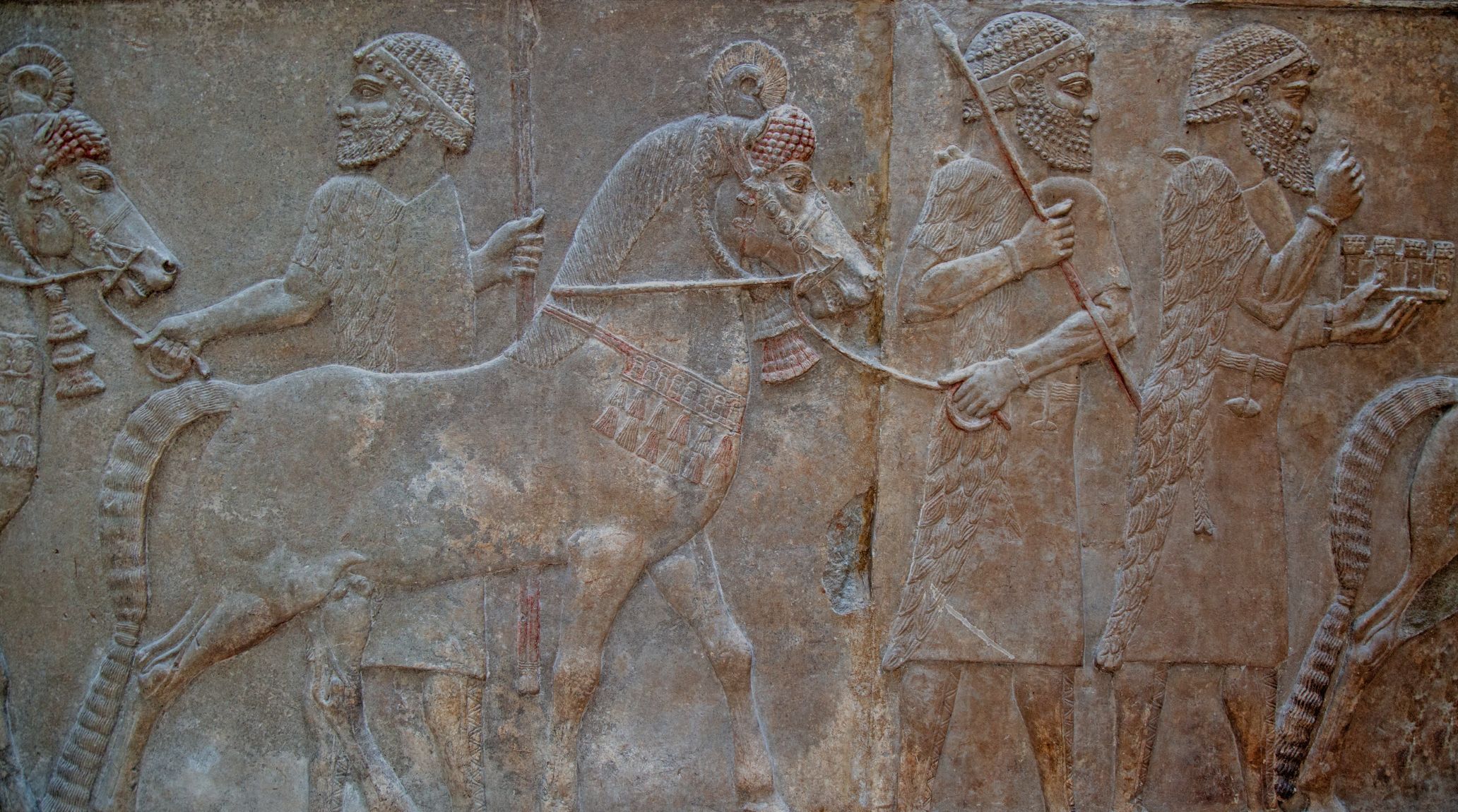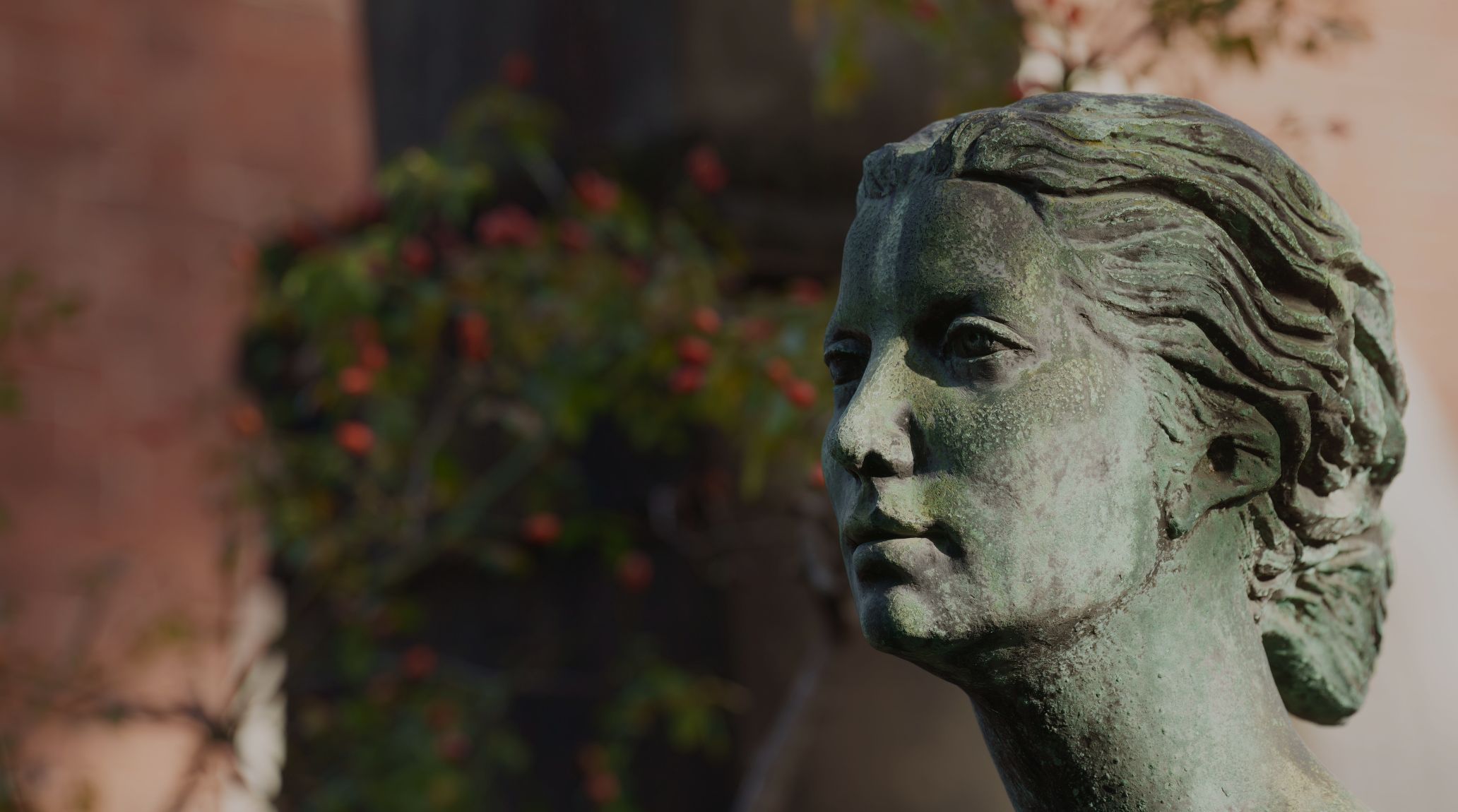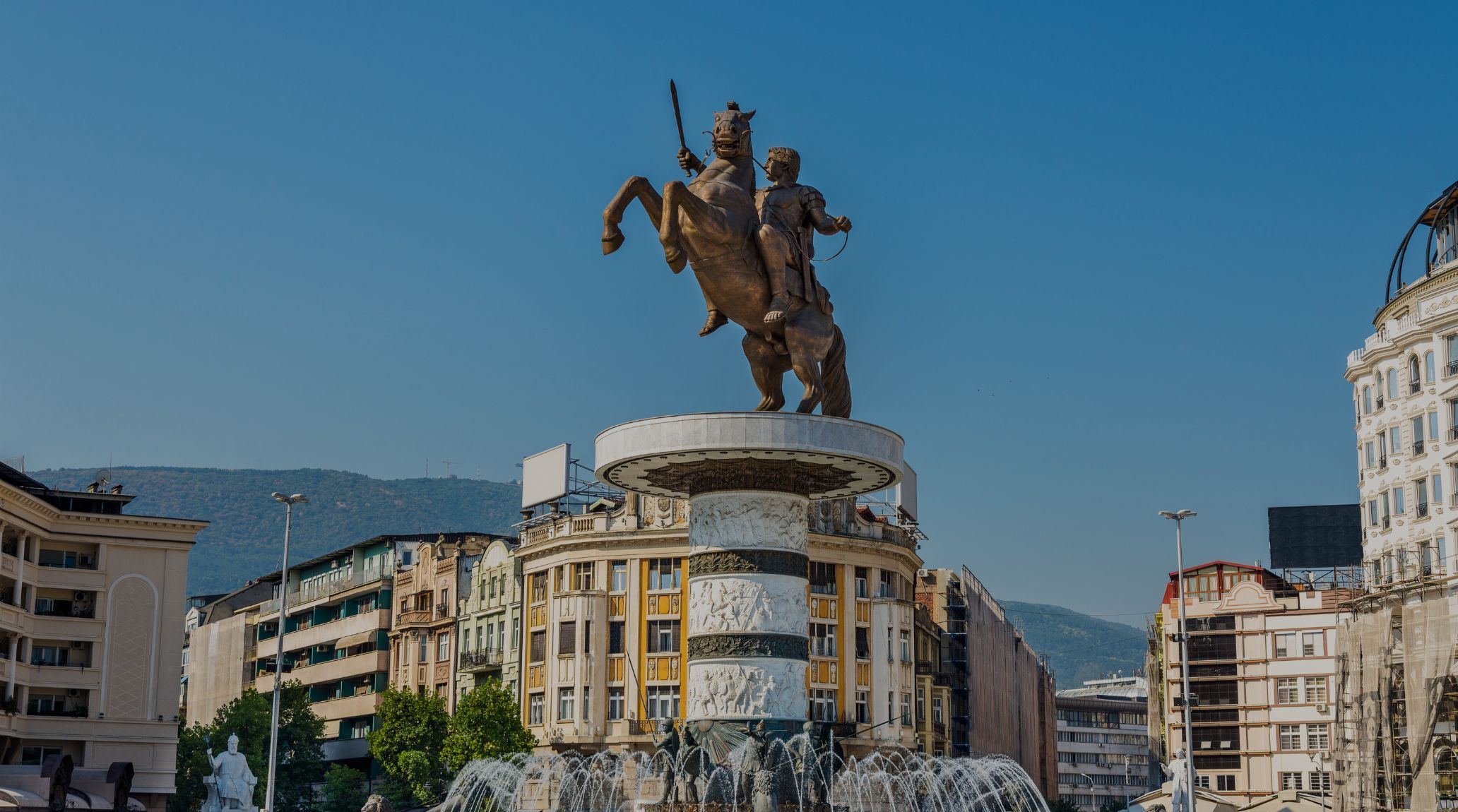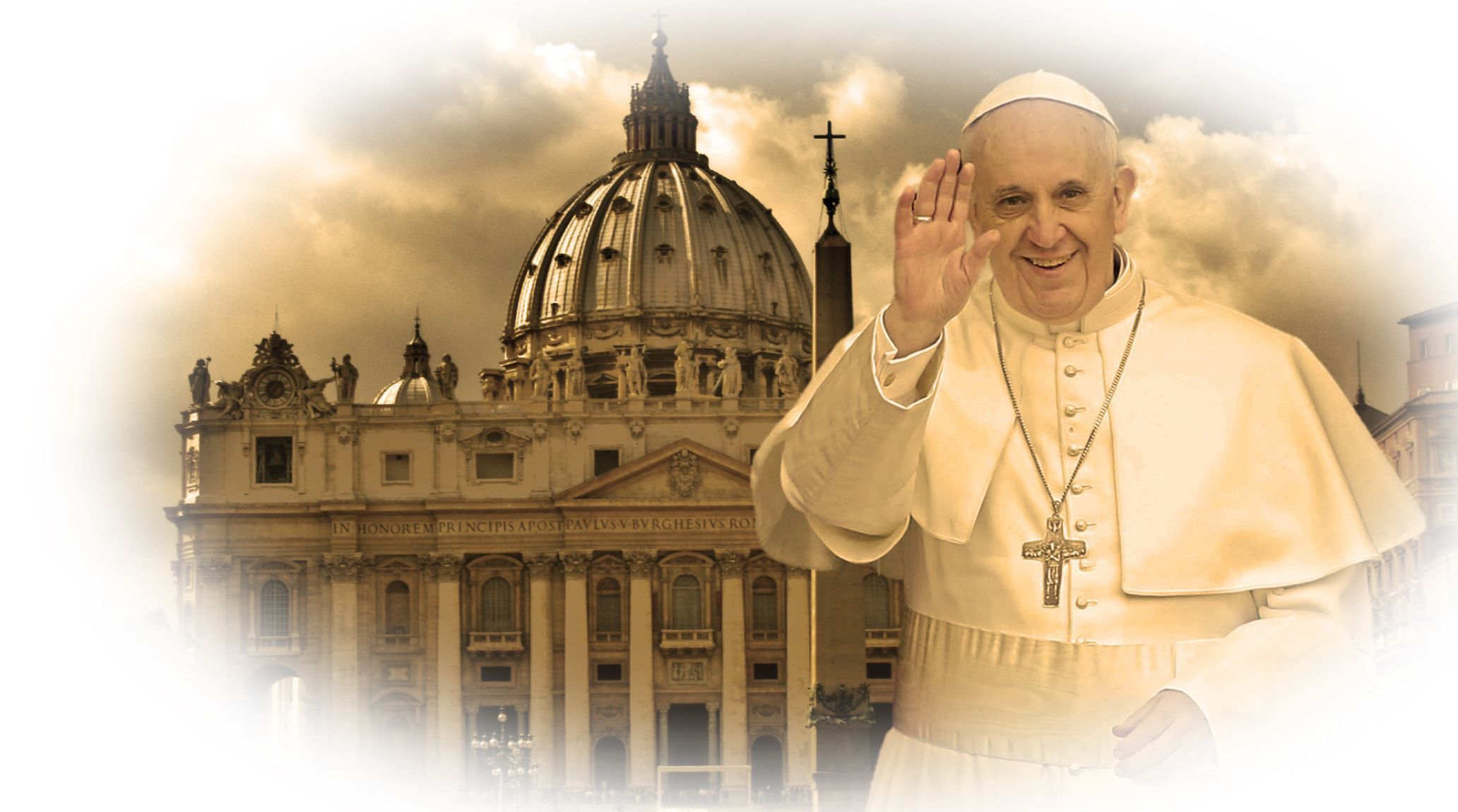
“
The Catholic Church played a central role in medieval politics, influencing not only religious life but also the governance of kingdoms. As a powerful institution, it held vast lands, had its own laws, and provided guidance to rulers. The Church’s involvement in political affairs, such as excommunications, papal decrees, and alliances, shaped medieval European society. Delve into The Role of the Catholic Church in Medieval Politics to uncover key facts about its influence, struggles with secular rulers, and lasting impact on governance, law, and culture during the Middle Ages.1
1
”
In the medieval era, the Church dominated society, influencing politics and guiding rulers. Most Europeans were Roman Catholic, with villages centered around local churches led by priests.1
The Church held immense power in medieval society, funded by tithes amounting to 10% of income. It utilized this wealth to maintain authority and exert significant influence over politics.2
The Church, especially the Pope, held significant power, often surpassing European monarchs. Kings and lords frequently considered the Church's opinions, allowing it to shape decisions across Europe.3
The Church's control over vast land holdings made it one of the wealthiest institutions in medieval Europe, giving it significant political clout through its ownership of lands, villages, and estates across kingdoms. 4
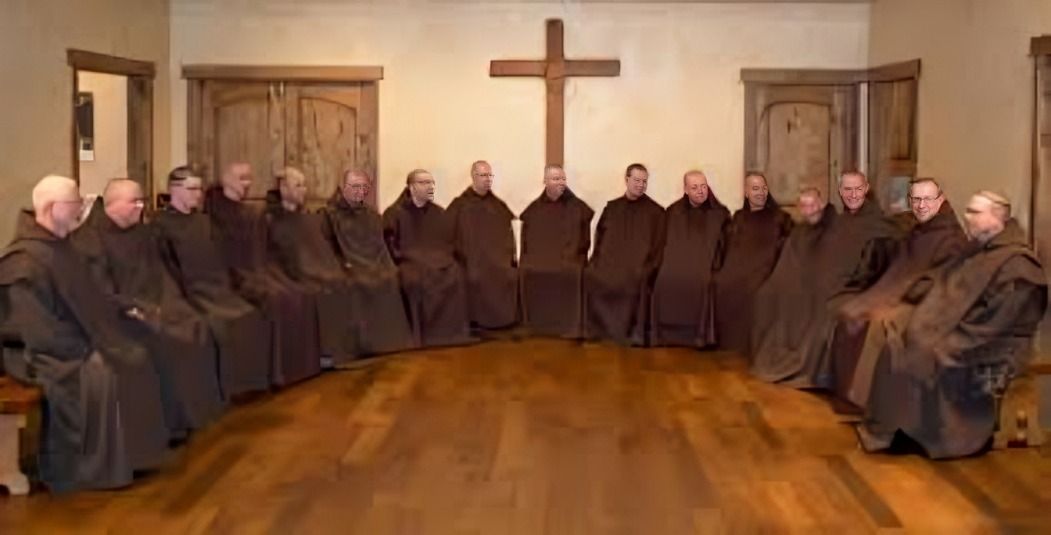
Monks in monasteries preserved important religious and secular writings, including scriptures and works by Cicero and Aristotle, by copying them by hand, especially during disruptions caused by Barbarian invasions.
The Church, wealthy and powerful, preserved Greco-Roman culture by safeguarding and copying ancient manuscripts and artworks, playing a crucial role in maintaining the legacy of classical Greece and Rome.5
The Investiture Controversy in the 11th and 12th centuries epitomized the struggle between the papacy and secular rulers over who held the right to appoint bishops and other church officials, affecting political landscapes. 6
During the medieval period, excommunication was a powerful tool used by the Catholic Church to enforce its authority, often leading to the political isolation of rulers who defied papal authority. 7
The Church’s involvement in political matters was essential in shaping European diplomacy, with popes frequently mediating between rival kings and monarchs to prevent wars or end conflicts. 8
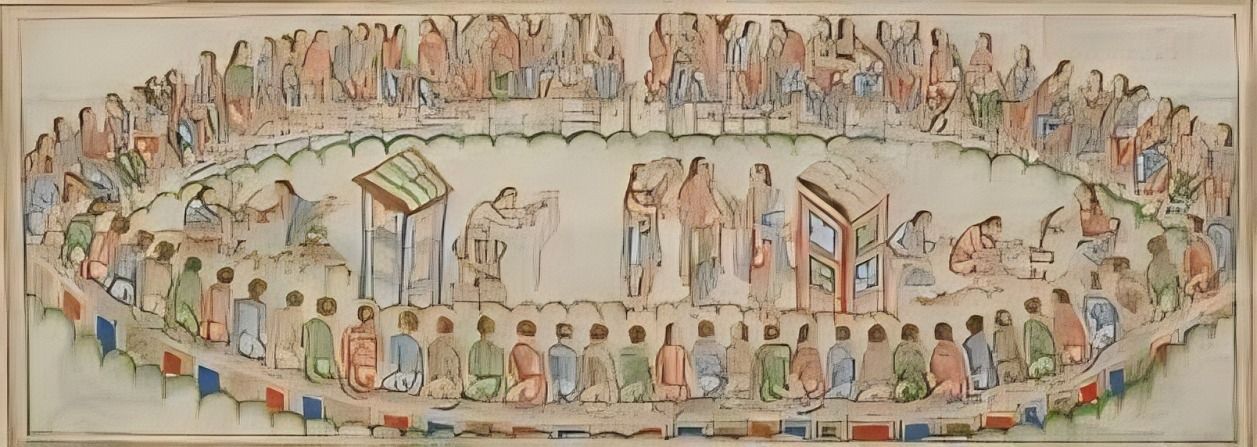
The Church was instrumental in the development of laws, with canon law—religious laws of the Church—being a major influence on the legal systems of many medieval kingdoms.
The Crusades, called by the Pope, were not only religious campaigns but also had profound political implications, leading to territorial expansion, changes in leadership, and shifts in power across Europe and the Middle East. 9
Wealthy people donated to the Church for prayers to shorten their time in Purgatory. During the Crusades, the Church urged participation, promising divine reward for fighting in the Holy Land. 10
In the Middle Ages, illiterate people relied on priests to read the Bible and deliver sermons in Latin, giving priests significant influence over people's lives and moral guidance during weekly services. 11
During the Middle Ages, the Church influenced daily life through its calendar of holidays, regular services, and involvement in key events like baptisms, marriages, and funerals.12
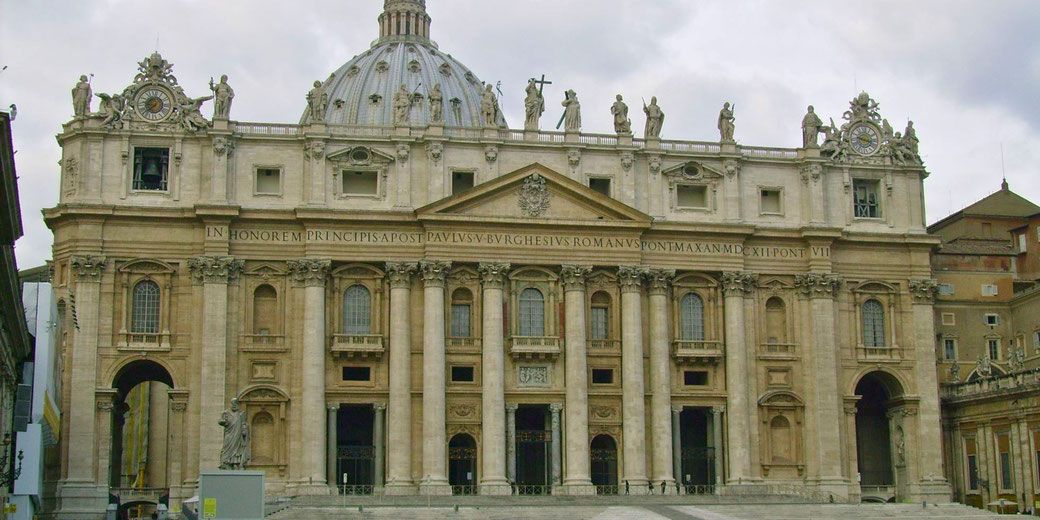
In medieval England, the Catholic Church held immense power, as everyone believed in its authority. William I's church and monastery construction after the Norman Conquest solidified Christianity’s lasting influence.
The Church served as a unifying force in medieval Europe, providing stability and a shared moral and legal framework across different kingdoms and regions, often helping to resolve conflicts. 13
Papal indulgences, offering forgiveness for sins in exchange for donations, were often used to raise funds for wars or political causes, linking religious motivations with political and military actions. 14
The political role of the Church was further solidified by its involvement in managing taxes, such as tithes, which helped fund religious institutions and provided the Church with economic power in medieval politics. 15
Church councils, such as the Council of Clermont in 1095, not only dealt with religious matters but also addressed political and military issues, calling for the Crusades and influencing European foreign policy. 16
In conclusion, the Catholic Church’s spiritual authority, wealth, and political power heavily influenced medieval European governance, shaping education, law, and societal norms, solidifying its dominance in medieval society. 17
